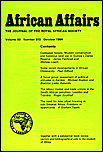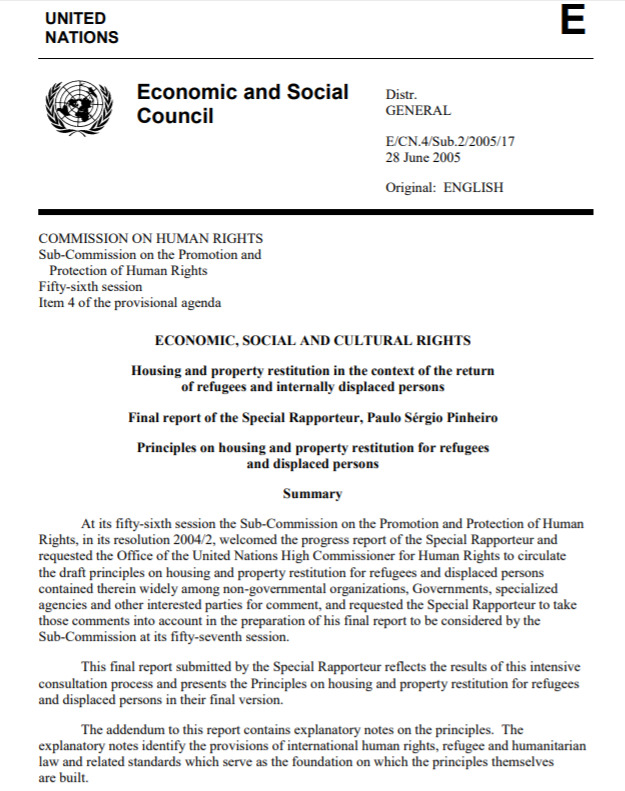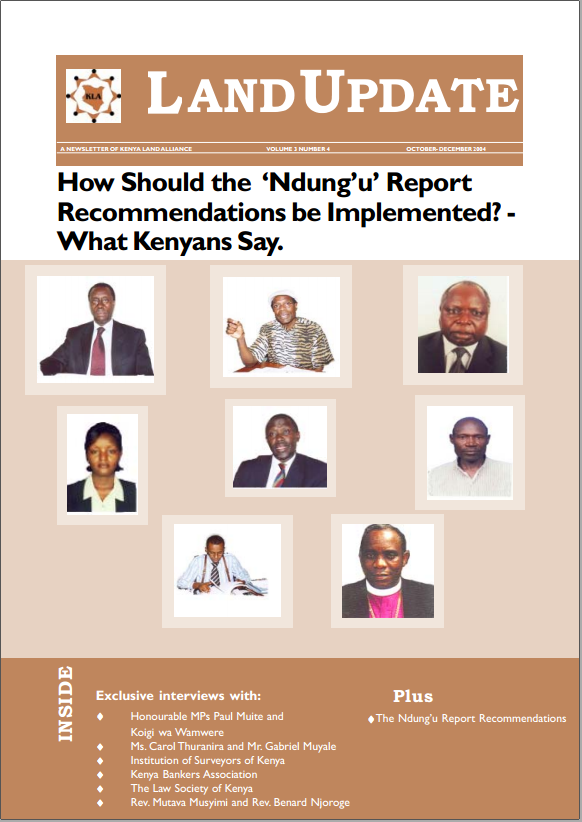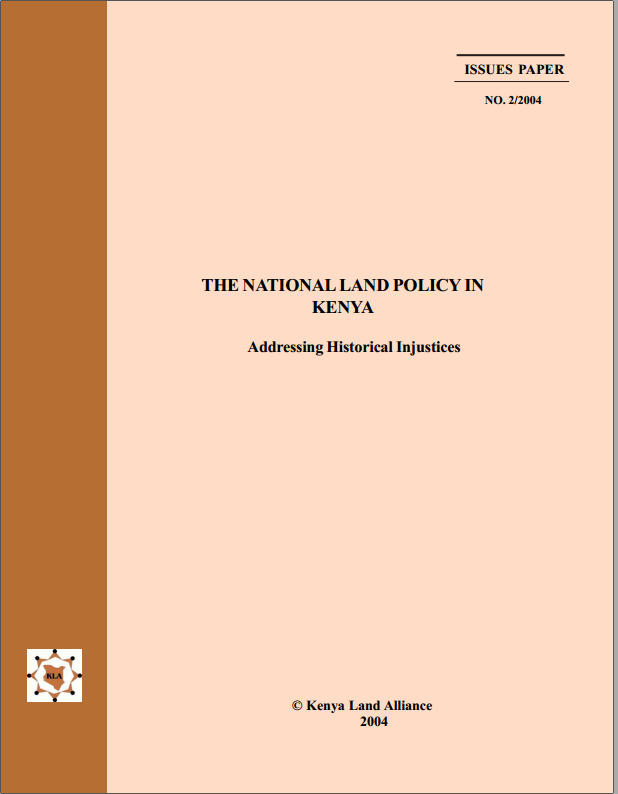Intersection of decentralization and conflict in natural resource management : cases from Southeast Asia
The study explores the relationship between decentralization and conflict, comparing two case studies in Cambodia and the Philippines. It addresses to what degree and in what ways decentralization influences conflicts that are related to natural resources management (NRM), especially where local institutions are often unrepresentative of, and unaccountable to local communities. In developing countries, the research indicates that sufficient time is an essential component for bringing about genuine and effective local governance, as well as being a means for averting conflict.
The assertion of rights to agro-pastoral land in North Cameroon: a cascade to violence?
What are the key causalities in the linkages between environmental resource scarcity, the non-violent assertion of rights to the environment and the (non) avoidance of violence itself? Focusing on the natural resource land, the author studies three different cases of conflict over land at the local level in Diamar‚, Baba Deli and Kubadje, in the extreme north of Cameroon, from 2001 to 2004, using different sociological, geographical and anthropological methods.
The assertion of rights to agro-pastoral land in North Cameroon: a cascade to violence?
What are the key causalities in the linkages between environmental resource scarcity, the non-violent assertion of rights to the environment and the (non) avoidance of violence itself? Focusing on the natural resource land, the author studies three different cases of conflict over land at the local level in Diamar‚, Baba Deli and Kubadje, in the extreme north of Cameroon, from 2001 to 2004, using different sociological, geographical and anthropological methods.
To Fight or to Farm? Agrarian Dimensions of the Mano River Conflicts (Liberia and Sierra Leone)
The wars in Liberia and Sierra Leone have been linked to the condition of urbanized youth. Recent research in southeastern Sierra Leone and northwestern Liberia suggests the rural context is of greater significance. The fighting was mainly in rural areas, involved mainly rural youth, and adapted itself to their local concerns. A model of war as the work of urban criminal gangs, reflecting local student politics in the 1970s and embraced internationally, is ripe for replacement by a model of war as agrarian revolt.
Housing and property restitution in the context of the return of refugees and internally displaced persons
At its fifty-sixth session the Sub-Commission on the Promotion and Protection of Human
Rights, in its resolution 2004/2, welcomed the progress report of the Special Rapporteur and
requested the Office of the United Nations High Commissioner for Human Rights to circulate
the draft principles on housing and property restitution for refugees and displaced persons
contained therein widely among non-governmental organizations, Governments, specialized
agencies and other interested parties for comment, and requested the Special Rapporteur to take
How Should the ‘Ndung’u’ Report Recommendations be Implemented? - What Kenyans Say.
The report of the Presidential Commission of Inquiry into the Illegal/Irregular Allocation of Public Land is finally out! Popularly known as the ‘Ndung’u’ Report, the publication of this three-volume document is important to the Kenya Land Alliance for two major reasons. Firstly, the appointment of the Coordinator of the Kenya Land Alliance to the Commission marked a threshold in the relations between KLA and the Government of Kenya.
Scoping study on land policy research in Latin America
The National Land Policy in Kenya Addressing Historical Injustices
The Historical Injustices Issues Paper seeks to present the various historical land claims issues and perspective related to them and consequently proffer policy statements for their redress.
At War's End Building Peace after Civil Conflict
All fourteen major peacebuilding missions launched between 1989 and 1999 shared a common strategy for consolidating peace after internal conflicts: immediate democratization and marketization. Transforming war-shattered states into market democracies is basically sound, but pushing this process too quickly can have damaging and destabilizing effects. The process of liberalization is inherently tumultuous, and can undermine the prospects for stable peace.
Land policy in post-conflict circumstances: some lessons from East Timor
From Cambodia to Kosovo, and now East Timor, the United Nations has undertaken broad governmental functions in an effort to ensure that peace is maintained after the departure of the peacekeepers. On its face, these “peace-building” missions have a powerful logic. Brokering a peace, but leaving behind a vacuum in institutional capacity, only encourages the return of conflict after the peacekeepers leave. Providing urgent humanitarian relief, but failing to integrate it with development aid, ignores the way that development assists in preventing future humanitarian crises.










